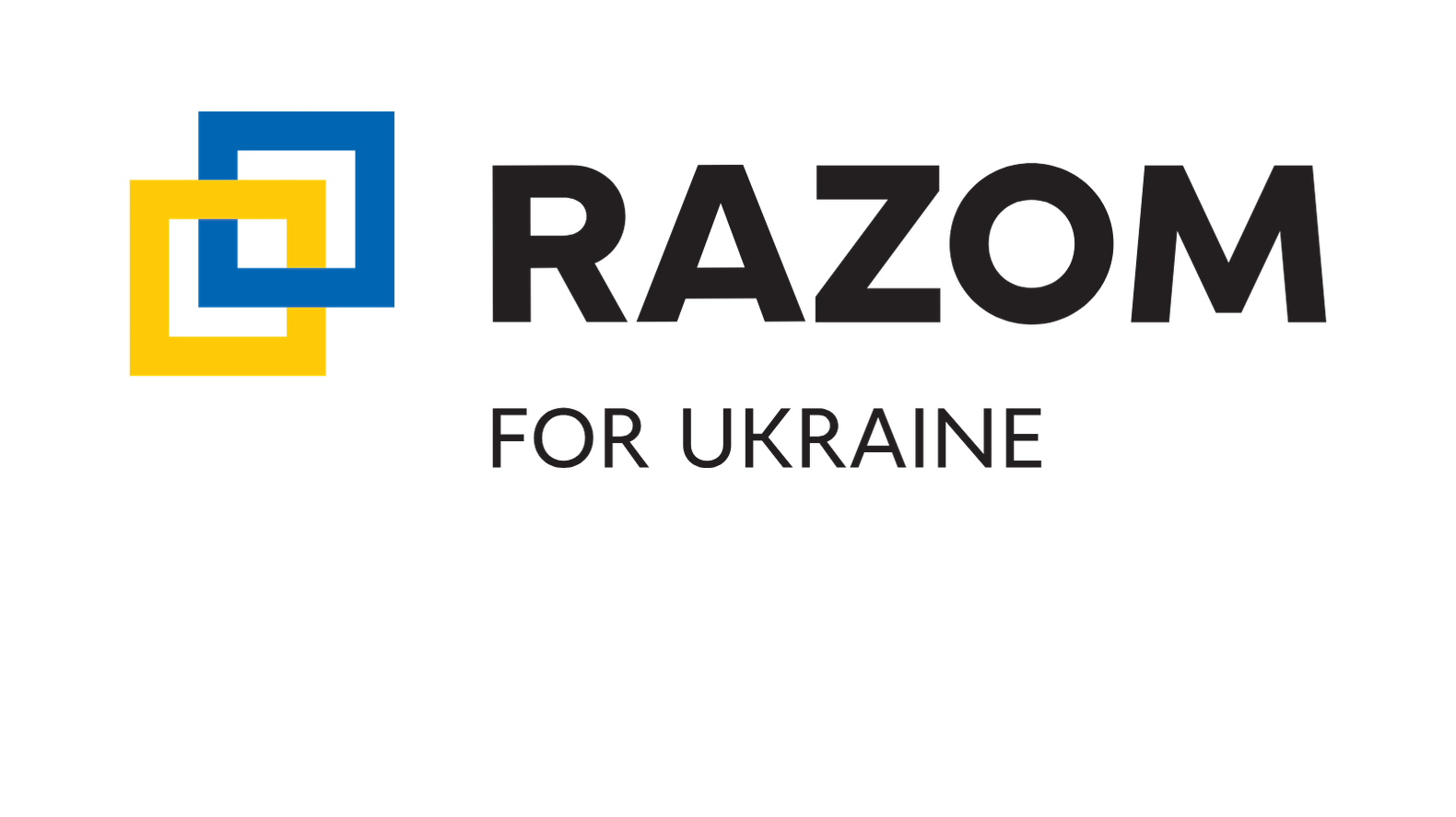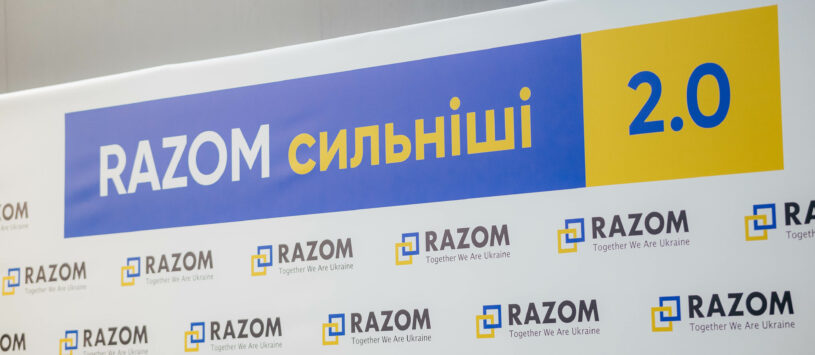In the fourth year of Russia’s full-scale invasion into Ukraine, the damage from targeted missile and drone strikes, frontline hostilities, and deliberate damages in the temporarily occupied territories is already shocking – and continues to rise every day. Kyiv School of Economics assessed the damage at $170 billion as of November 2024, while UNDP calculations offer a staggering $524 billion needed for recovery in Ukraine over the next decade. This scale of reconstruction and restoration of people’s livelihoods is far beyond the scope of what government authorities alone can address – underscoring the critical role of civil society in Ukraine’s resilience and recovery. Indeed, the German Marshall Fund suggests that “A resilient and dynamic civil society is a fundamental requirement for the sustenance of pluralistic liberal democracies.”
The robust civil society movement in Ukraine can be traced back to the civil activism of the Orange Revolution in 2004 and the Revolution of Dignity in 2014 (the latter having served as an impetus for creating Razom). Ukrainian NGOs, civic groups, and volunteer associations have been, consistent with research, the driving force behind democratic societal change. And, since 2022, these organizations have found themselves at the forefront of Ukraine’s resistance against Russia’s full-scale invasion. Ukrainian scholars confirm that, “Ukraine’s massive civic engagement and collective action, most recently in defense against Russian aggression, offers a startling picture of grassroots activism.” Ukrainian NGOs have taken on everything from human and animal evacuations, to tactical medicine and food deliveries to the front lines, to community restoration and assistance to internally displaced people.
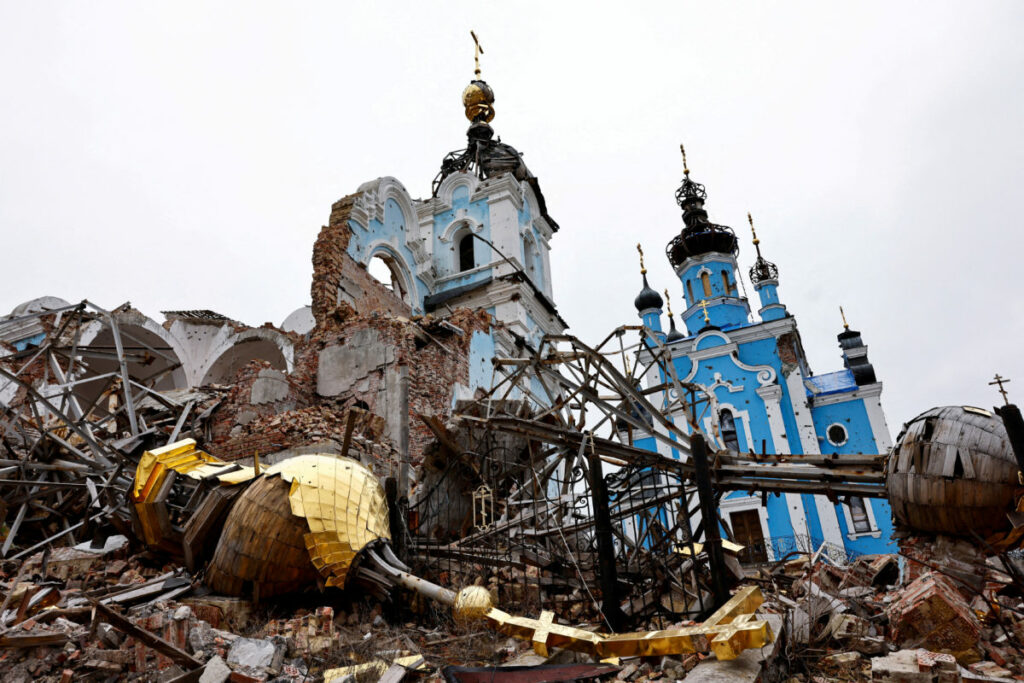
Unfortunately, 2025 delivered another blow to the Ukrainian NGOs’ ability to sustain their operations and contribute to the emergency relief and recovery development efforts. The abrupt shuttering of USAID led to the cancellation of over 80% of its programs, forcing many Ukrainian NGOs to close offices, furlough personnel, and suspend critical services like mobile clinics, rehabilitation programs, and civic education initiatives. Stripped of primary U.S. funding, these organizations scrambled to secure alternative donors, resulting in delayed projects, reduced capacity, and heightened vulnerability among displaced populations and frontline communities. This is where Razom has stepped in, leveraging its Razom Relief program to offer innovative solutions to bolster Ukrainian civil society organizations (CSOs).
Launched in 2022, Razom’s Relief Program has been initially focused on helping civilians in Ukraine who are directly affected by the invasion by providing food and shelter, clean water, winter supplies, and psychological and behavioral support for adults and children. It has been immensely effective in service delivery and creating immediate impact specifically because the program partners with more than 200 local grassroots organizations that know the needs of their communities better than anyone else. The program’s unique approach has allowed for an intimate understanding of the needs and gaps in the resource base experienced by local Ukrainian CSOs in small – and often frontline – communities. While local organizations do the majority of the work (delivering up to 80% of humanitarian aid on the ground), they get less than 1% international humanitarian funding directly, which means they lack the means to build a sustainable operation.

Having worked closely with numerous Ukrainian CSOs for the past three years, the team of Razom Relief has come to realize that providing training and capacity building is the difference between a sustained continuation of impact and the dissolution of many smaller organizations. This understanding led to the creation of the Razom Sylnishi (Stronger Together) Project, aimed at providing the resources and organizational knowledge necessary for the survival and success of the smaller CSOs. Among various capacity building efforts, Razom Sylnishi developed the NGO Growth Lab – a unique education and mentoring initiative that allows the CSOs to become more sustainable and equipped to resolve the issues on the local level.
In 2024 Razom Relief launched a pilot version of this initiative As a result, 15 organizations received grants, and eight organizations received mentorship support. A post-implementation survey revealed that 93% of the participants achieved their goals: 78.6% were able to start new projects and 64% were able to attract new donors. In addition, the number of organizations that had a working fundraising plan and strategy increased from 31% to 81% and the number of organizations that had a clear overall strategy increased from 75% to 94%. With the success of the initiative so high, Razom is continuing the program in 2025 with a new cohort of NGOs.
Based on the feedback from this initiative, Razom extended the mentoring program and added the offline educational component. One of the additions to the initiative was a short-term school for 28 leaders of CSOs that took place on 11-17 August, 2024, at the Ukrainian Catholic University (UCU). The aim of the school was to develop leadership knowledge and skills among civil society actors to ensure more sustainable and long-term activities of organizations. The school provided several training blocks, including Strategic planning for Managers, Fundraising Tools for CSOs, and Communication Strategy. The mentoring program was extended for 6 months, pairing the smaller and newer CSOs with experienced nonprofit leaders who would help them integrate the learning of the UCU school. With the success of the initiative so high, Razom is continuing the program in 2025 with a new cohort of NGOs.
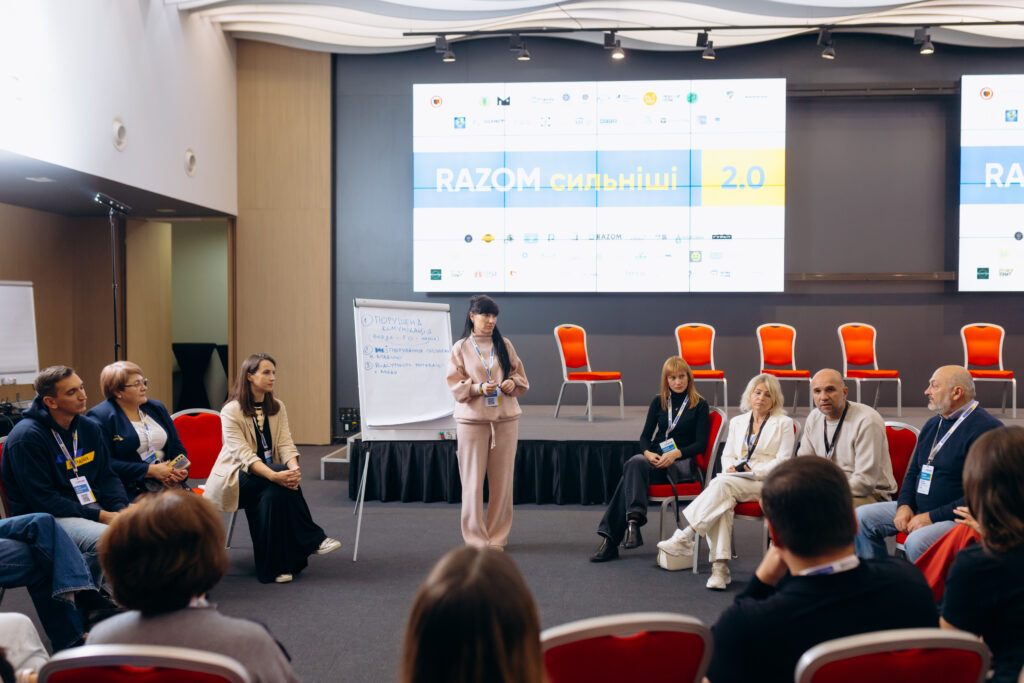
Today the NGO Growth Lab follows best practices of international grassroots NGO capacity building and offers a multifaceted approach that includes a week-long nonprofit management school at the Ukrainian Catholic University; assessment of organizational capacity and creation of the capacity development plan; a 6-month mentoring program with a mentor from experienced NGO leaders; as well as additional training and funding to address areas identified in the capacity assessment. At the end of the program, the organizational assessment is repeated again – to document the progress of organizations and outline the most effective next steps.
One of the NGO Growth Lab beneficiaries stands out the most for having shown a remarkable ability to take full advantage of the resources and knowledge offered by the initiative and having implemented the most notable and lasting changes. The Kyiv-based NGO “OOPS. Life in My City” which before the invasion worked to improve the management, safety, and oversight of residential buildings and areas in the capital.
However, once the invasion started, this small organisation dedicated most of its resources to providing humanitarian aid to most affected areas, such as the Chernihiv and Kyiv regions. As the need for humanitarian aid decreased, the organization needed a new strategy to revitalize its work. As a result of their NGO Growth Lab participation, the “OOPS. Life in My City” NGO was able to significantly streamline internal structures and processes, improve grant writing skills (and succeed in securing additional grant funds!), and created transparent and responsive communication processes. These capacity enhancements allowed “OOPS. Life in My City” to launch new projects that used their existing expertise, including playground safety inspections, installations of solar panels for multi-apartment buildings, setup of recycling programs, and construction of bomb shelters. The latter is an especially timely undertaking considering the ongoing brutal attacks on Kyiv and the lack of shelter spaces for residents of densely populated neighborhoods.
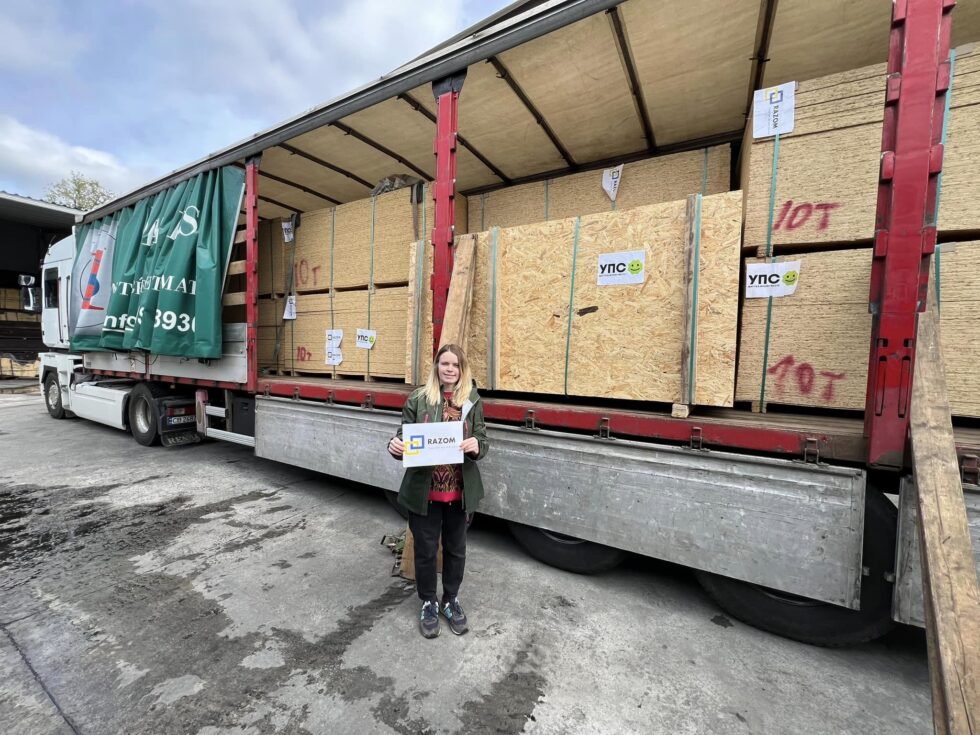
Some of the process improvements achieved by “OOPS. Life in My City” NGO during the Growth Lab include clarifications in procurement policy – including the establishment of transparency and accountability during procurement and developing relationships with Ukrainian manufacturers in order to support the internal market. Internal communications and HR processes improved as well, which allowed the organization to hire new staff and allocate time to the budding initiatives – helping 66 individuals claim payments for destroyed property and conducting 1,204 legal consultations for the IDPs residing in Kyiv and its environs. But probably the most impressive outcome of the Growth Lab was the NGO’s ability to launch a separate charitable fund to address issues and projects that fell outside the organization’s newly clarified mission -creating a focused and sustainable path forward for the NGO.
Implementing a successful program at this scale requires significant time and resources, with participation cost for each CSO standing at about $6,000. We hope that you will consider supporting the work of Razom in ensuring a bright future for Ukraine’s civil society and the country’s recovery from a brutal invasion.
